
Advancing Critical Rationalism
Our Mission
Understanding how knowledge grows (the primary concern of epistemology) is one of the most fundamental questions that humanity has ever asked. Because the growth of knowledge plays a role in every human endeavor–from science to politics to creating artificial intelligence to raising children to entrepreneurship–getting the answer wrong necessarily leads to blind alleys and errors. Fortunately, Karl Popper, David Deutsch, and other thinkers have discovered and elaborated upon the right answer: that knowledge grows via conjecture and criticism.
Such a simple idea (the entire theory of which is called critical rationalism) has an enormous number of practical implications for all of the aforementioned fields and any other in which humans can make progress. While the revolutions brought forth by Newton, Darwin, and Einstein were profound and improved mankind's lot in the universe, even they were limited to particular strands of human endeavors. But epistemology is universal for any problem a person or society faces. Therefore, spreading critical rationalism and its implications will dissolve barriers to progress that most people do not even know stand in their way.
Conjecture Institute is a nonprofit dedicated to advancing reason and science.
Advisors

David Deutsch
Many of the ideas in David Deutsch's two books, The Fabric of Reality and The Beginning of Infinity, inform and inspire the work of Conjecture Institute. David is a Visiting Professor of physics at the Centre for Quantum Computation, the Clarendon Laboratory, Oxford University, and an Honorary Fellow of Wolfson College, Oxford. The father of quantum computation and founder of constructor theory, David has solved a number of problems in fundamental physics throughout his career. He has also advanced the field of epistemology in both of his books and in academic papers. He has been awarded the Dirac Medal, the Breakthrough Prize, the Edge of Computation Science Prize, and many other honors.
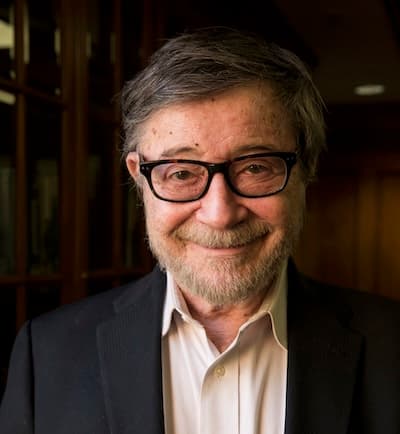
Judea Pearl
Judea Pearl is a computer scientist and philosopher whose work has transformed the study of causality and artificial intelligence. He is Professor of Computer Science and Director of the Cognitive Systems Laboratory at UCLA. Best known for developing Bayesian networks and the do-calculus, Judea has provided the foundations for modern causal inference, reshaping how science, statistics, and AI address cause-and-effect questions. His books, including Causality and The Book of Why, have influenced fields ranging from epidemiology to economics. Among his many honors, he has received the A.M. Turing Award, the Benjamin Franklin Medal, and the Harvey Prize.
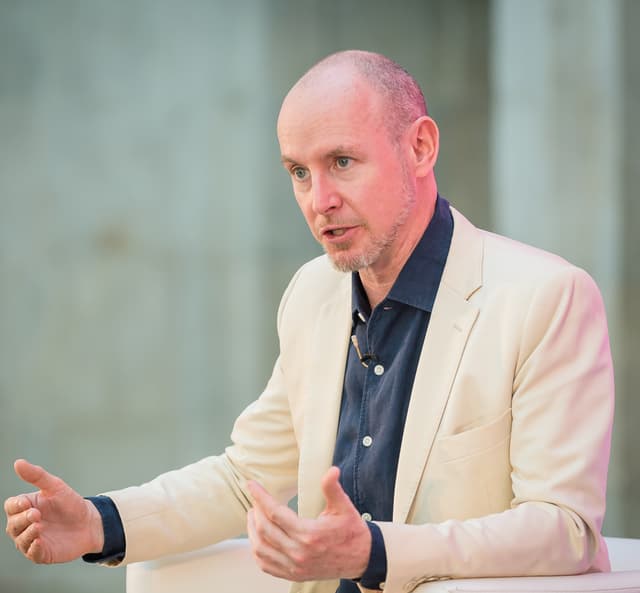
Daniel Hannan
Daniel Hannan, Lord Hannan of Kingsclere, is an author and columnist, and is President of the Institute for Free Trade. He teaches at the University of Buckingham and the University of Francisco Marroquín in Guatemala. He has written nine books, including the Sunday Times bestseller How We Invented Freedom. He sat as a Conservative MEP for 21 years, and was a founder of Vote Leave. He served on the UK Board of Trade from 2019 to 2024. He writes regular columns for, among others, The Daily Mail, The Sunday Telegraph and The Washington Examiner.
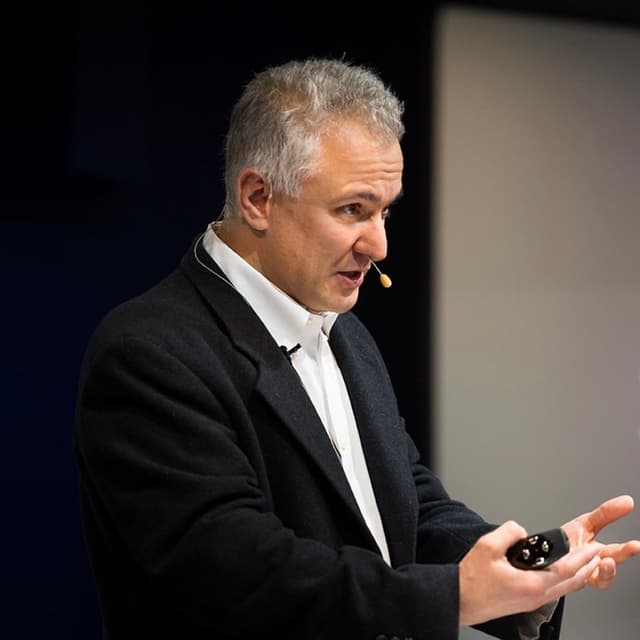
Peter Boghossian
Peter Boghossian serves as the Executive Director of the National Progress Alliance and Founding Faculty Advisor at the University of Austin. Drawing on over 25 years of teaching experience, he specializes in the Socratic method, scientific skepticism, and critical thinking. His doctoral research developed innovative methods to enhance moral reasoning and reduce recidivism among prison inmates. His last book, How to Have Impossible Conversations, has sold over 100,000 copies and been translated into ten languages.
Peter engages a wide audience online, with over 236,000 YouTube subscribers, 27 million views, and 331,000 followers on X. His work has been featured in publications such as The New York Times, The Wall Street Journal, and Scientific American, and he's been on top podcasts including The Joe Rogan Experience and BBC's HARDtalk. Additionally, he has made significant contributions to peer-reviewed literature.
Topic Areas

Physics
What does it mean to take our best theories in physics seriously? What do they tell us about what the world is really like, and might that help us overcome the slow rate of progress in physics?
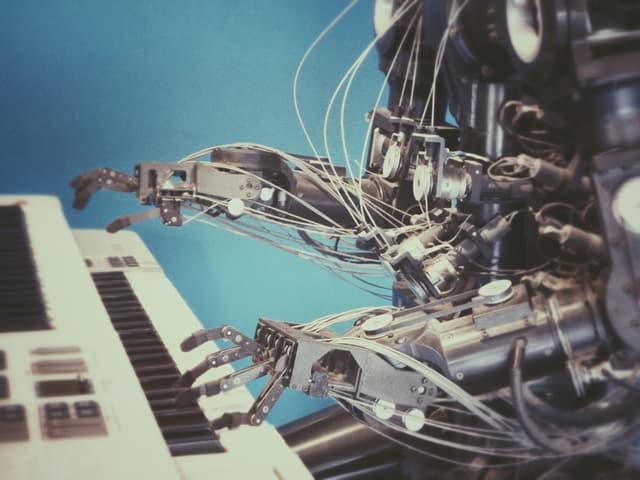
AGI and Computer Science
Creating an artificial general intelligence will require the right theory of knowledge. It will not require Bayesian calculations or increasing our best machines' calculational repertoire.

Epistemology
All knowledge grows via conjecture and criticism. This seemingly simple idea has radical implications for fields ranging from science to politics to raising children.

Taking Children Seriously
Children's reasons, desires, emotions, and creativity all work precisely the same way that those of adults do—in short, children are people. What does this mean for parenting?

Aesthetics
Progress in the arts is as real as scientific or technological progress. If art is objective, what distinguishes beautiful creations from ugly ones? How can our understanding of beauty refine what it means to live a full, creative life?

Economics
The amount of bad philosophy and widespread errors in economic research and education is overwhelming. Explaining why traditional approaches to economics are wrongheaded—and correcting for them—demands sound epistemology.
Our Conferences
Conjecture Con 2026
This annual conference brings together dozens of philosophy and science enthusiasts from around the world for a weekend of talks, workshops, and discussions.
Our Books
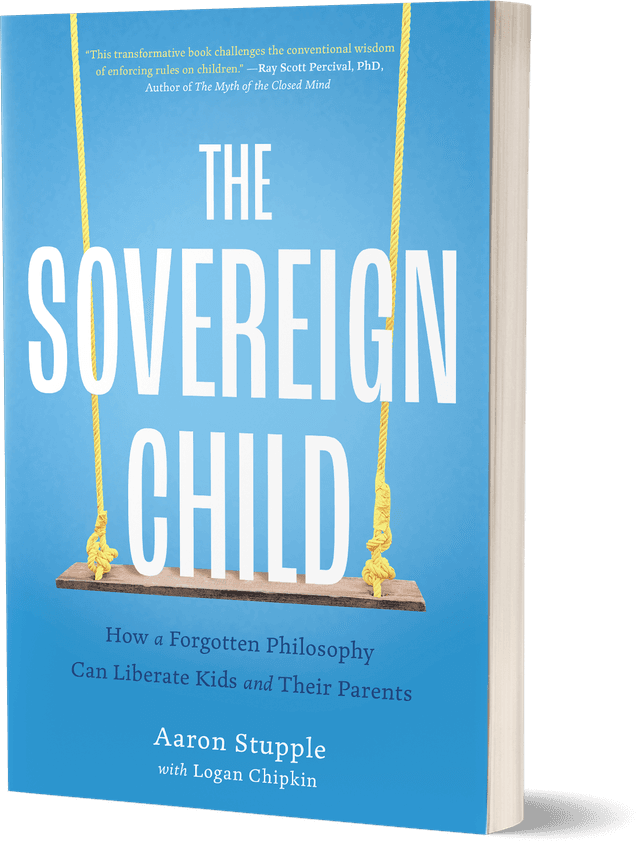
The Sovereign Child
An exploration of Taking Children Seriously, examining how children's reasons and creativity work the same way as adults'. The book offers practical insights into parenting without rules, based on critical rationalism.
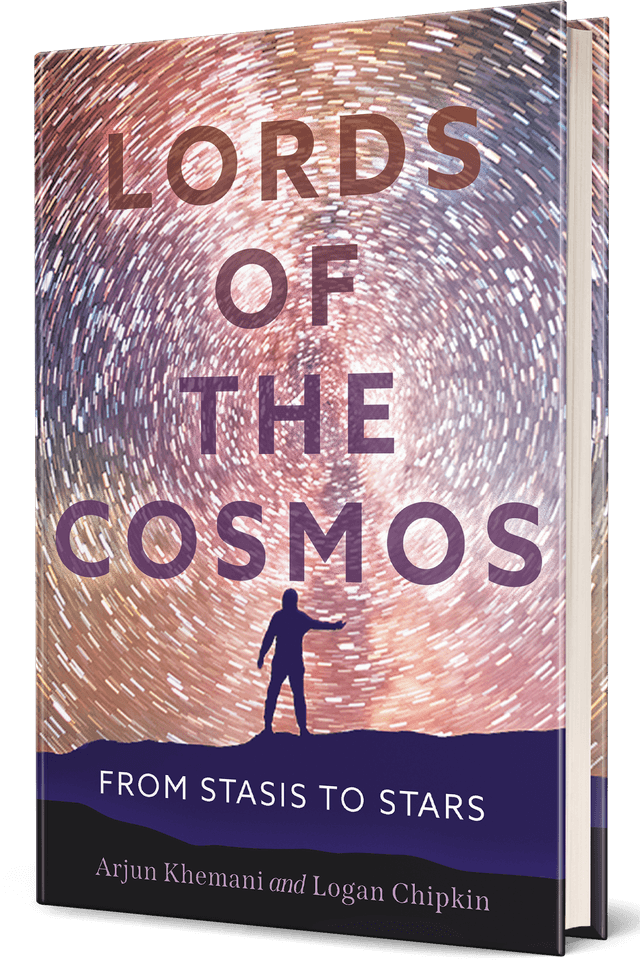
Lords of the Cosmos
Lords of the Cosmos views the story of humanity through the lens of our most profound theories of progress, addressing such questions as: What sparks progress? What does progress entail? What is the role of human progress in the cosmic scheme of things?
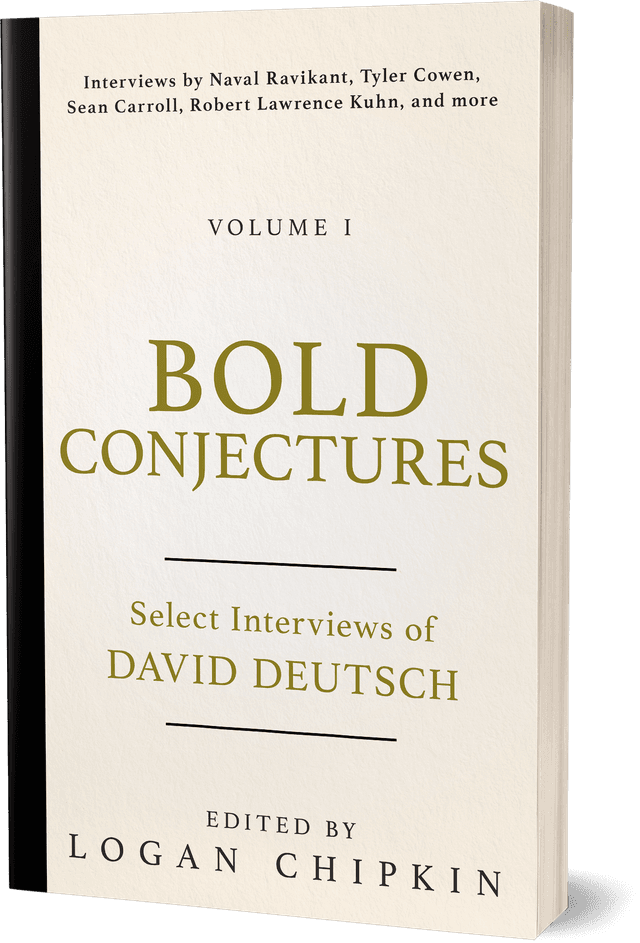
Bold Conjectures, Volume I: Select Interviews of David Deutsch
Conjecture Institute Advisor David Deutsch has been interviewed over one-hundred times during his career, giving his readers hours of additional content that elucidates and expands upon the ideas in his books, in addition to ideas far afield from his writings. Bold Conjectures, Volume I: Select Interviews of David Deutsch is a compilation of over a dozen interviews of David Deutsch.
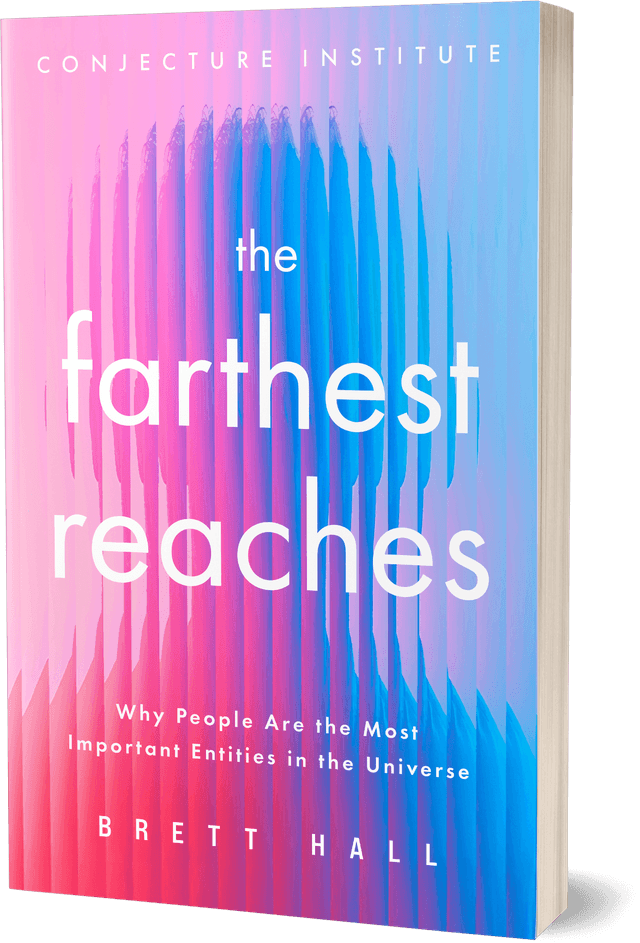
The Farthest Reaches
Coming in 2026
In The Farthest Reaches, Conjecture Institute Ambassador Brett Hall expounds on the concept of explanatory universality. It is this characteristic that grants people their primacy in the cosmos. This ability to explain anything that can be explained, to understand anything that can be understood, is more significant than a star's titanic gravitational pull, a gene's ability to replicate itself, or a computer's ability to execute calculations at the speed of electrons.
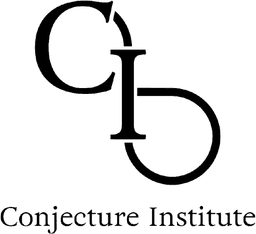
Bold Conjectures, Volume II: Essays Across Physics
Coming in 2026
Senior Scientists
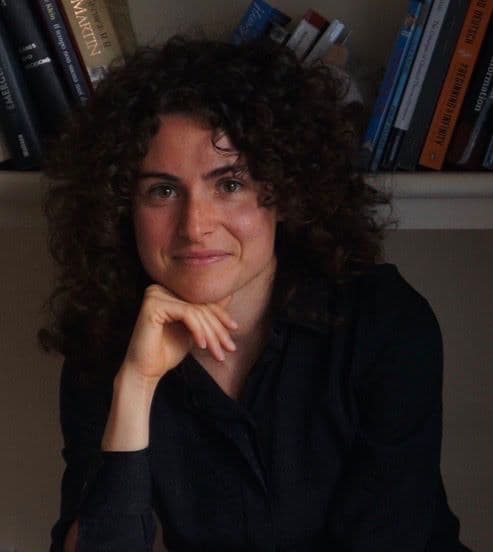
Chiara Marletto
Chiara Marletto is an Oxford-based physicist, author of The Science of Can and Can't, and a Senior Scientist at Conjecture Institute. She leads a new research group based in Oxford that investigates constructor theory, a theory in physics that seeks to express all laws of physics in terms of possible and impossible tasks. Having established a constructor theory of information, thermodynamics, probability, and life, Chiara and her new group are now investigating how to apply ideas from constructor theory to experimentally test whether or not gravity is classical. They are also investigating a constructor theory of time and locality.
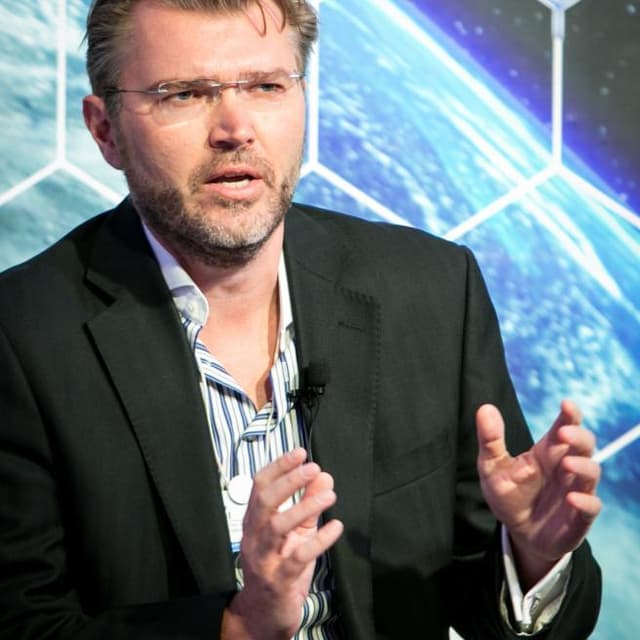
Vlatko Vedral
Vlatko Vedral is an Oxford-based physicist and author of Portals to a New Reality, Decoding Reality, Introduction to Quantum Information Science, and several other books. He is best known for his contributions to quantum information theory, quantum entanglement, quantum biology, and quantum thermodynamics. In recognition of his scholarly achievements, he was honored with the Royal Society Wolfson Research Merit Award in 2007. His work with colleagues on quantum gravity has led to an innovative, cost-effective proposal to test whether or not gravity has quantum features.
Our Fellows

Ray Scott Percival
Ray Scott Percival is a philosopher and author. He is best known for his book, The Myth of the Closed Mind, and the documentary Liberty Loves Reason. He founded Enlightenment Defended, an online forum promoting liberty, autonomy, and progress, and has begun working on a book titled Enlightenment: How to Get There. His work has appeared in Nature, New Scientist, Times Higher Education Supplement, and other leading publications. He is actively exploring innovative ways—through poetry, music, and film—to engage the public in discussions on liberty and human progress.
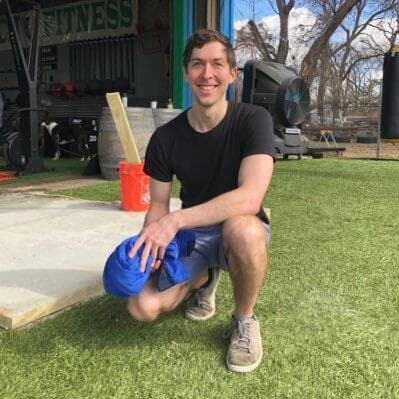
Carlos De la Guardia
An AGI researcher with a background in robotics and longevity. He's writing a book explaining how human minds are uniquely, cosmically powerful, and how we can upgrade them to achieve immortality.

Maria Violaris
Quantum physicist and science communicator. Host of the Quantum Foundations Podcast and quantum science and tech YouTube channel, with plans to include thermodynamics and spacetime. Writing a popular science book to demystify quantum science and technology. Frequently creates and participates in initiatives for researchers, educators, learners, and the public. Alongside personal projects, works on research and content for Oxford spin-out OQC.
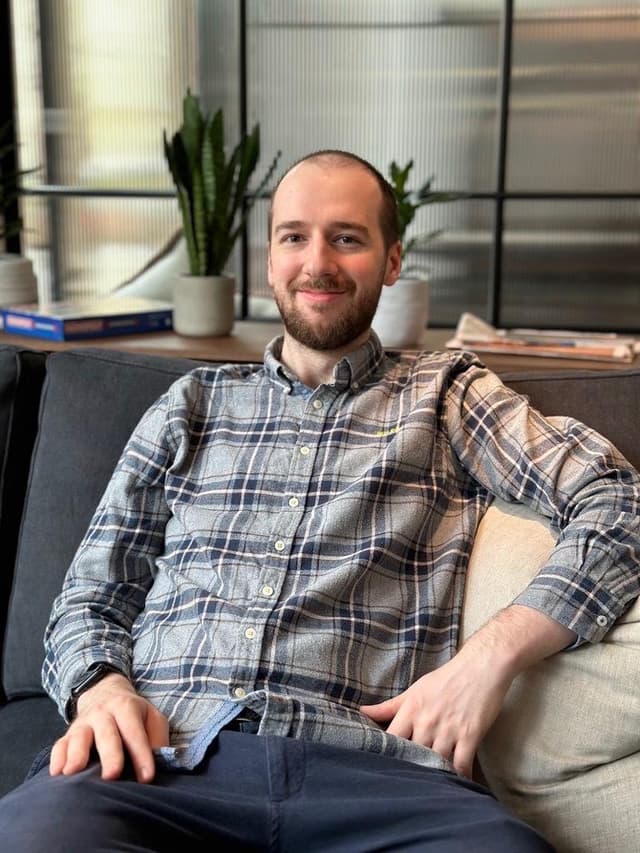
Sam Kuypers
Quantum physicist, interested in foundational questions. In his research, published in reputable scientific journals, he explores the quantum theory of time, the many-worlds interpretation, and locality. His work connects these areas under a broader commitment to realism—the view that a real world exists and that science is a quest for good explanations describing this real world.

Arjun Khemani
An 18-year-old high school dropout who launched and helped lead support at Naval Ravikant's Airchat. He is creating a documentary about our deepest theory of knowledge. In general, he works to spread optimism and fight the enemies of civilization.
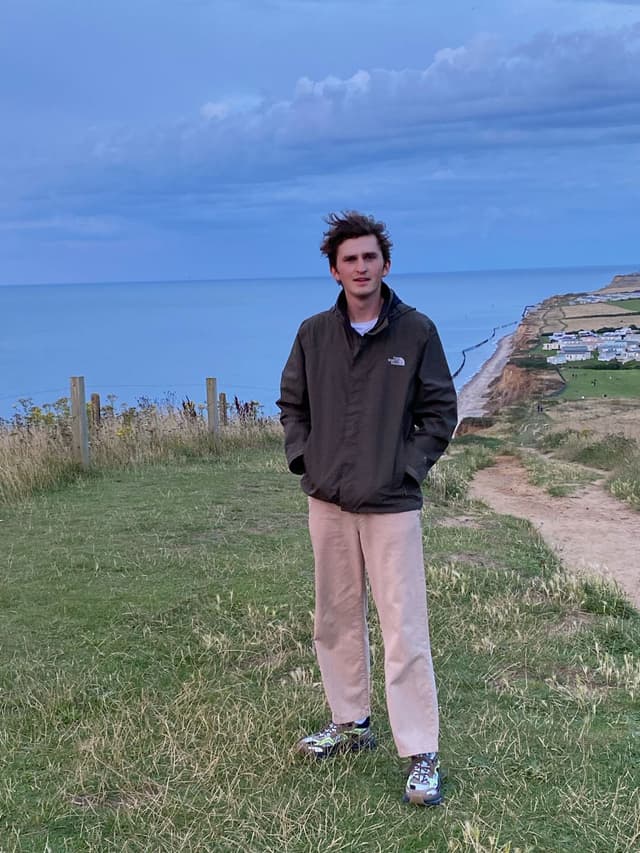
Tom Hyde
Philosopher interested in the relationship between epistemology and aesthetics. He is developing Wonderism, a bold new book aiming to reconcile Enlightenment rationality with Romanticist sentiment. To wonder, both to think and to feel, to question and to marvel, lies at the heart of all human action. Wonderism explains both sides of this balance and sheds light on the relationships between knowledge and experience, reason and feeling, science and art.

Eli Parra
Interface researcher exploring the beauty and reality of abstractions through universal symbolic systems. He applies his research to diagrams of axiomatic geometry, logic, and infinity, and to prototyping new ways of reading, writing, and tracking time. He is currently building an app, Bifocals, that will expand what reading can be.
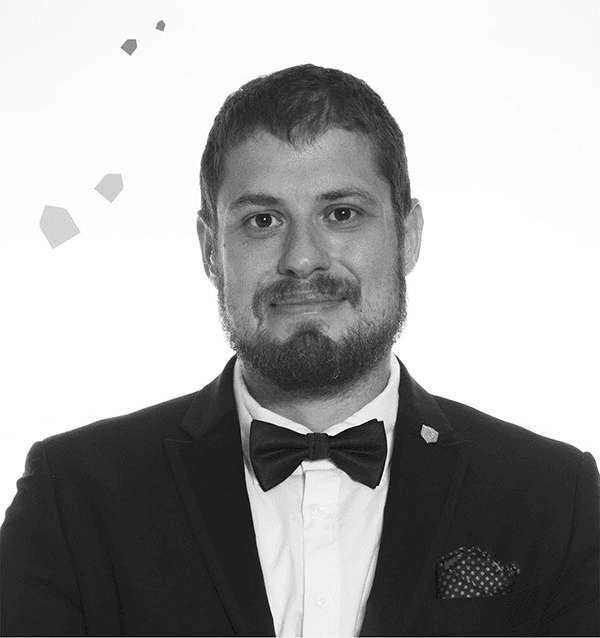
Paul Raymond-Robichaud
Mathematician working in quantum foundations. He developed a mathematical theory of local realism that generalizes the notion beyond the frameworks of existing theories. In particular, he formally proved that quantum theory itself is locally realistic. This result settles an important scientific question that once troubled luminaries such as Einstein. Beyond his work in physics, Paul is passionate about Stoic philosophy and is exploring ways to merge it with critical rationalism. He is also investigating how physics, computing, and critical rationalism might be brought together to improve the foundations of mathematics.

Eric Denton
A freelance writer and host of The Falsifiable Podcast, a show in which Eric explores both current events and evergreen topics in science, culture, and politics through a Popperian lens. He is currently working on a book that serves as a one-stop shop for anyone interested in epistemology in general—and Popperian epistemology in particular.
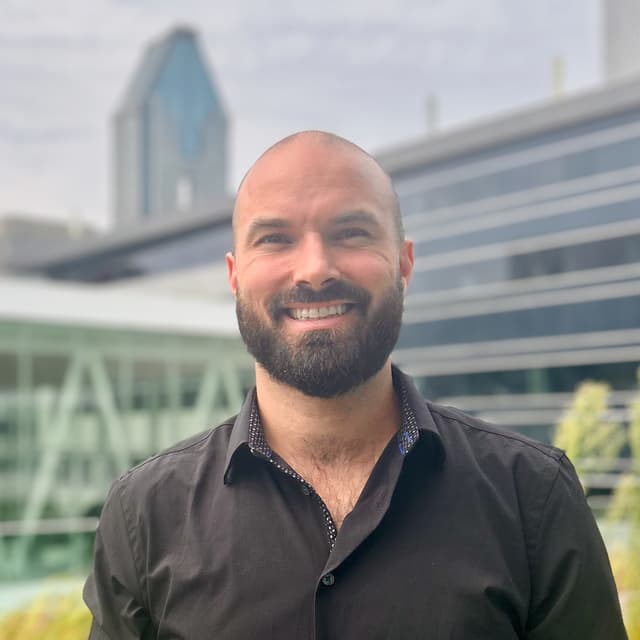
Charles Bédard
Charles is a quantum physicist and theoretical computer scientist working on foundational problems. He contributes to the Heisenberg picture of unitary quantum mechanics, uncovering its powerful explanations for locality, quantum information processing, and the emergence of classicality. Drawn to the cosmic reflexivity through which the human mind comes to comprehend the universe that gave rise to it, one of his aims is to bring epistemology into the domain of physics. He plans to share these ideas through an accessible video series.
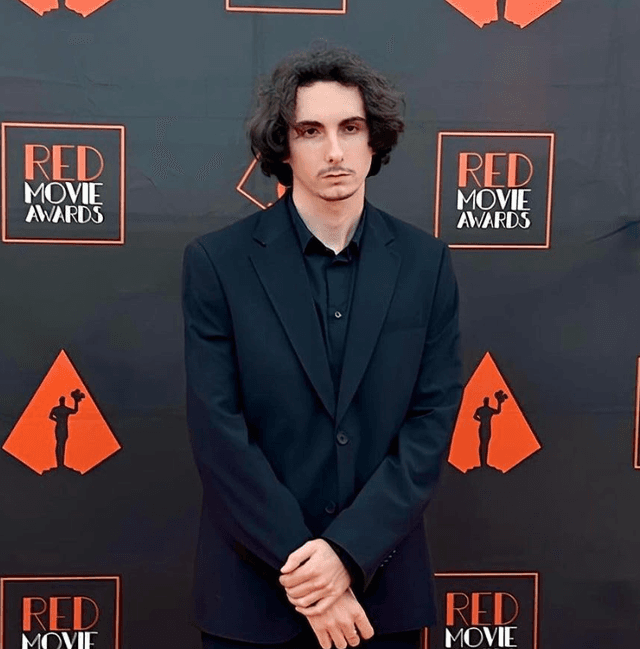
Dimitri Vallein
Filmmaker & Technologist shaping the future of storytelling through philosophy, real-time technology, and interactive experiences. Dimitri creates cinematic animated films that blend science fiction with immersive narratives. His work explores themes like progress, epistemology, and the design of new aesthetics for a dynamic and open-ended world. He explores how movies can be used to prototype the future. He has collaborated with the entrepreneur Balaji Srinivasan and was recognized by Meta as one of the top 100 AR creators worldwide. His films have been selected at over 40 international festivals.
Chris Sutherland
Physicist, former university lecturer (US), now co-Founder/CEO of Lemnisket, Chris is deeply passionate about re-working our education system. He is currently building a mastery-learning platform for the physical sciences, which includes personalized learning paths and built in spaced repetition. His hope is to make education more efficient, effective, and ultimately, less coercive. Based in Montréal, he also enjoys creating short and long form video content, with the goal of improving the state of physics communication, science funding, and entrepreneurship.
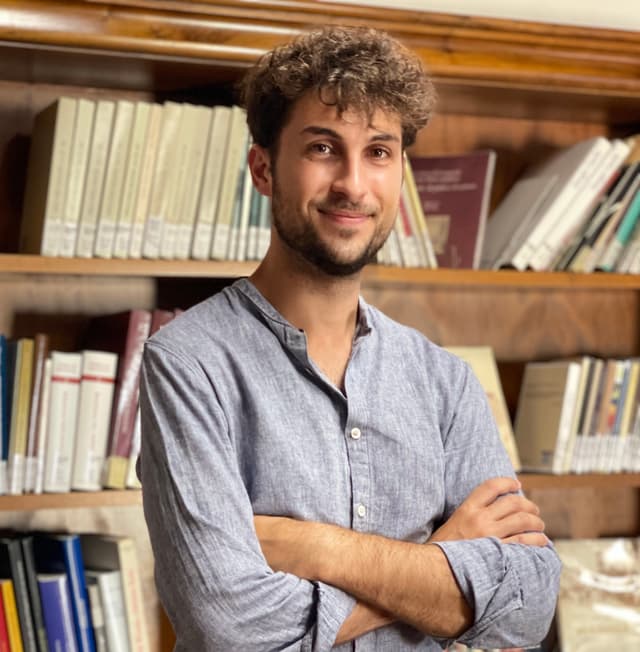
Samuel Hagh Shenas
Quantum physicist starting a DPhil in quantum information theory applied to biological systems, focusing on the possibility that quantum processes play a role in how the brain transmits information. He is also interested in quantum algorithms, quantum error correction, and using machine learning to find patterns in noisy data from near-term quantum devices. Outside research, he works as a social entrepreneur, supporting vulnerable people and promoting local innovation.
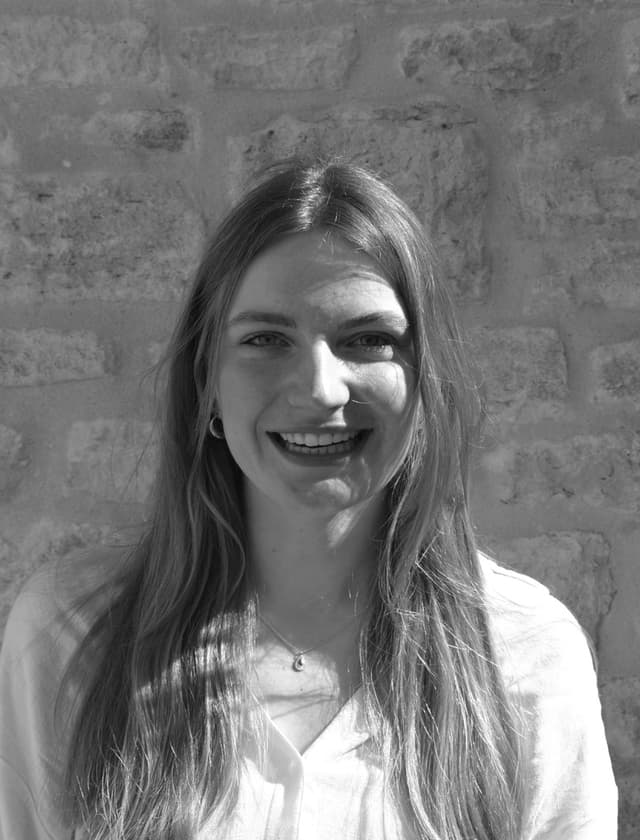
Antonia Weber
Physicist researching gravitational quantum physics at Oxford. In particular, Antonia seeks to better understand how principles from quantum information theory can be used to understand the connection between quantum mechanics and general relativity using table-top experiments such as that proposed by Sougato Bose, Chiara Marletto, and Vlatko Vedral. Besides quantum gravity, she is also interested in foundational problems in quantum information and in exploring the role of quantum effects in biology and cosmology.
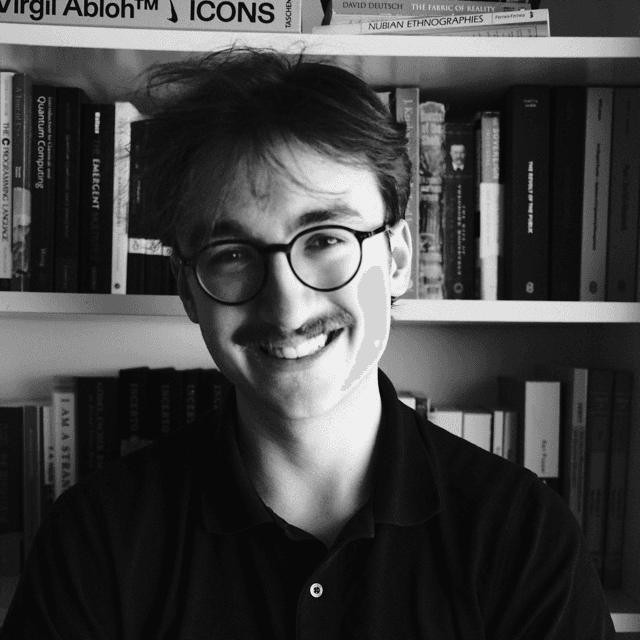
Maxime Desalle
Aspiring polymath with a background in mathematics, physics, and computer science. He leads operations at Sablier, an a16z-backed crypto startup. He is writing a book on Many-Worlds—exploring its physics, history, and philosophy. Current interests include quantum mechanics, cryptocurrencies, Venetian history, and classical piano.
Ambassador
Brett Hall
Brett Hall is an Australian educator, science communicator, and technical advisor. Brett is the host of ToKCast, a podcast promoting optimism, unbounded progress, and creative critical thinking using the best known explanatons from fundamental physics and philosophy. He is also the host of the Conjecture Institute podcast, where he interviews the Fellows, Advisors, and Founders of Conjecture Institute.
Board of Directors
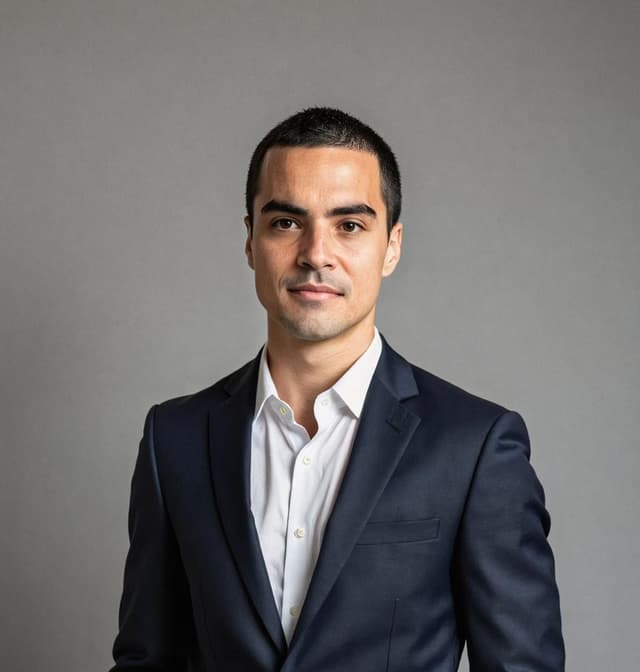
Logan ChipkinPresident
Logan Chipkin is a writer and editor in Philadelphia. He currently serves as Managing Editor of a nonprofit that works to spread liberty in the West. He has written articles about fundamental physics, economics, history, and Popperian philosophy for outlets such as Gizmodo, Physics World, Quillette, History Magazine, The Libertarian Institute, The Pennsylvania Gazette, and Bitcoin Magazine, and he has written a fantasy novel called Windfall. He has also edited a book written by a prominent physicist and has collaborated with other physicists to communicate their ideas to a general audience. Finally, he hosts and produces Rat Fest, an annual in-person philosophy conference in Philadelphia.
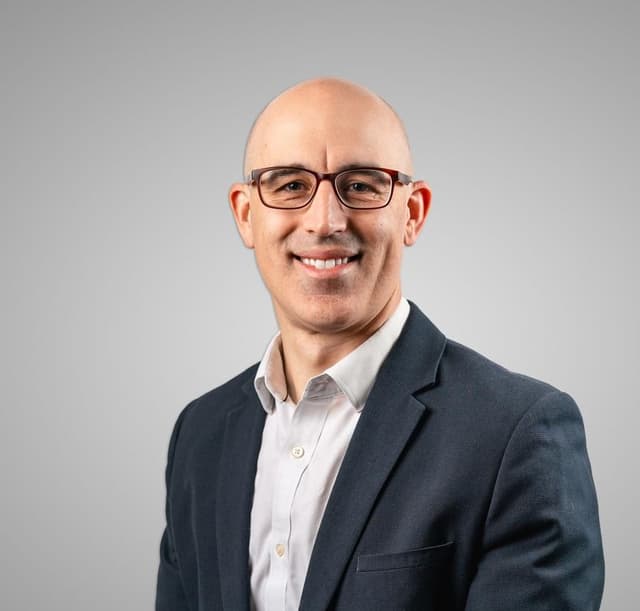
Aaron StuppleBoard Member
Aaron Stupple is a practicing physician and father of five in Western Massachusetts. He has been promoting critical rationalism and the work of Karl Popper and David Deutsch since 2019 in the form of online community building, a web magazine, and Rat Fest, the annual in-person conference in Philadelphia. Currently, Aaron wrote a book on Taking Children Seriously, which is the application of critical rationalism to parenting.
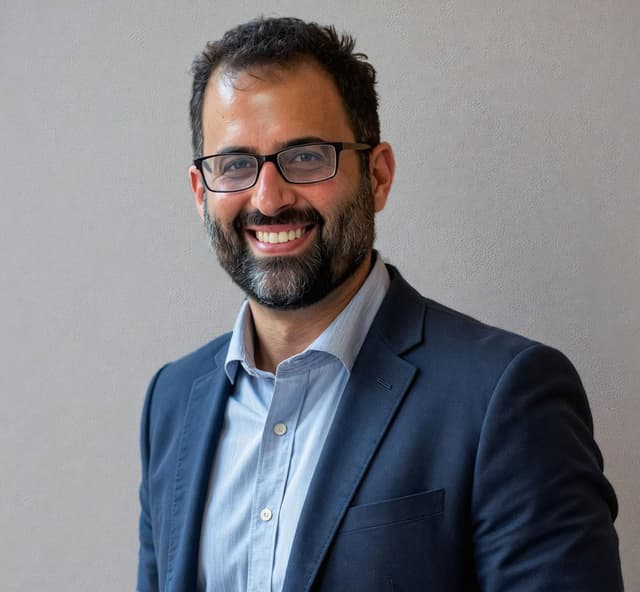
David KedmeyBoard Member
David Kedmey is the president and cofounder of a financial technology company that helps professionals derive trading insights from historical data. His interests span AGI, biomorphs, and pedagogical software games. David has a particular passion for mentoring and supporting those working to promote and develop the ideas of Karl Popper and David Deutsch.